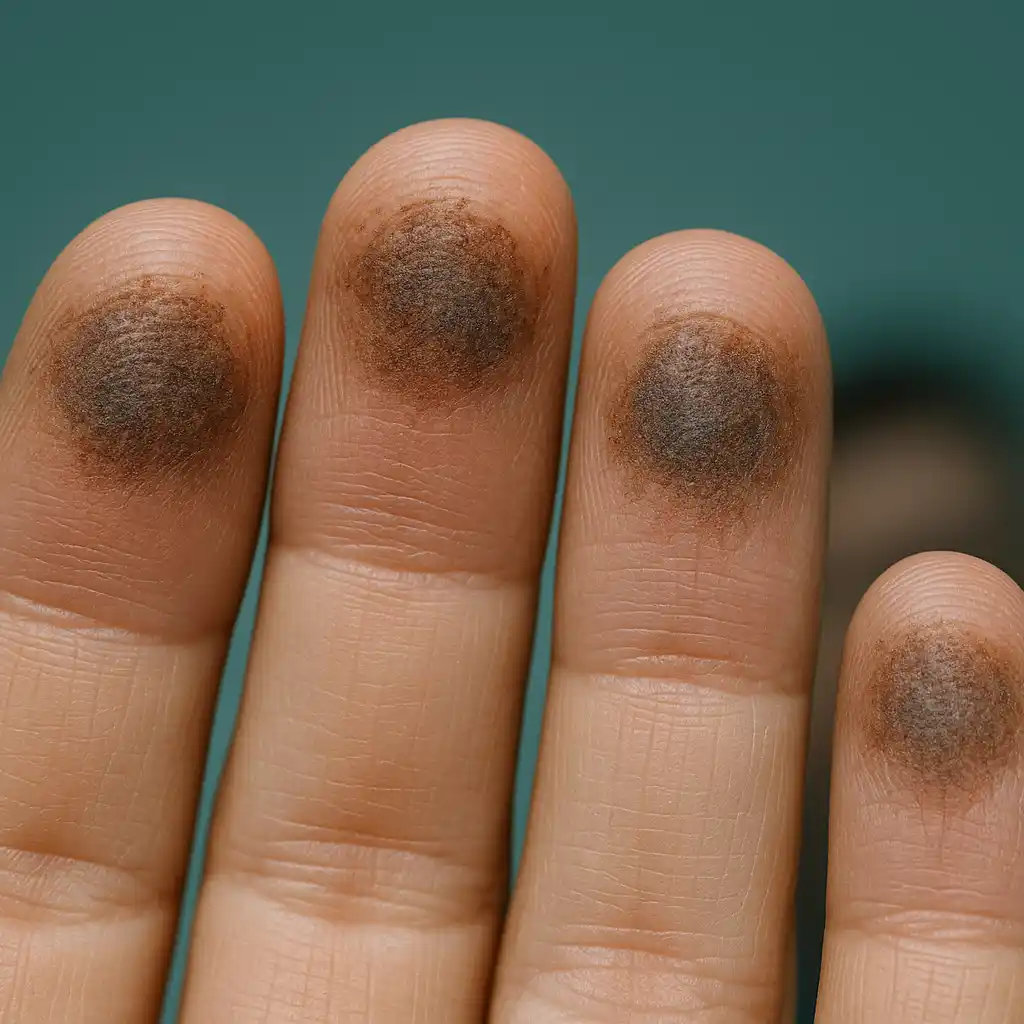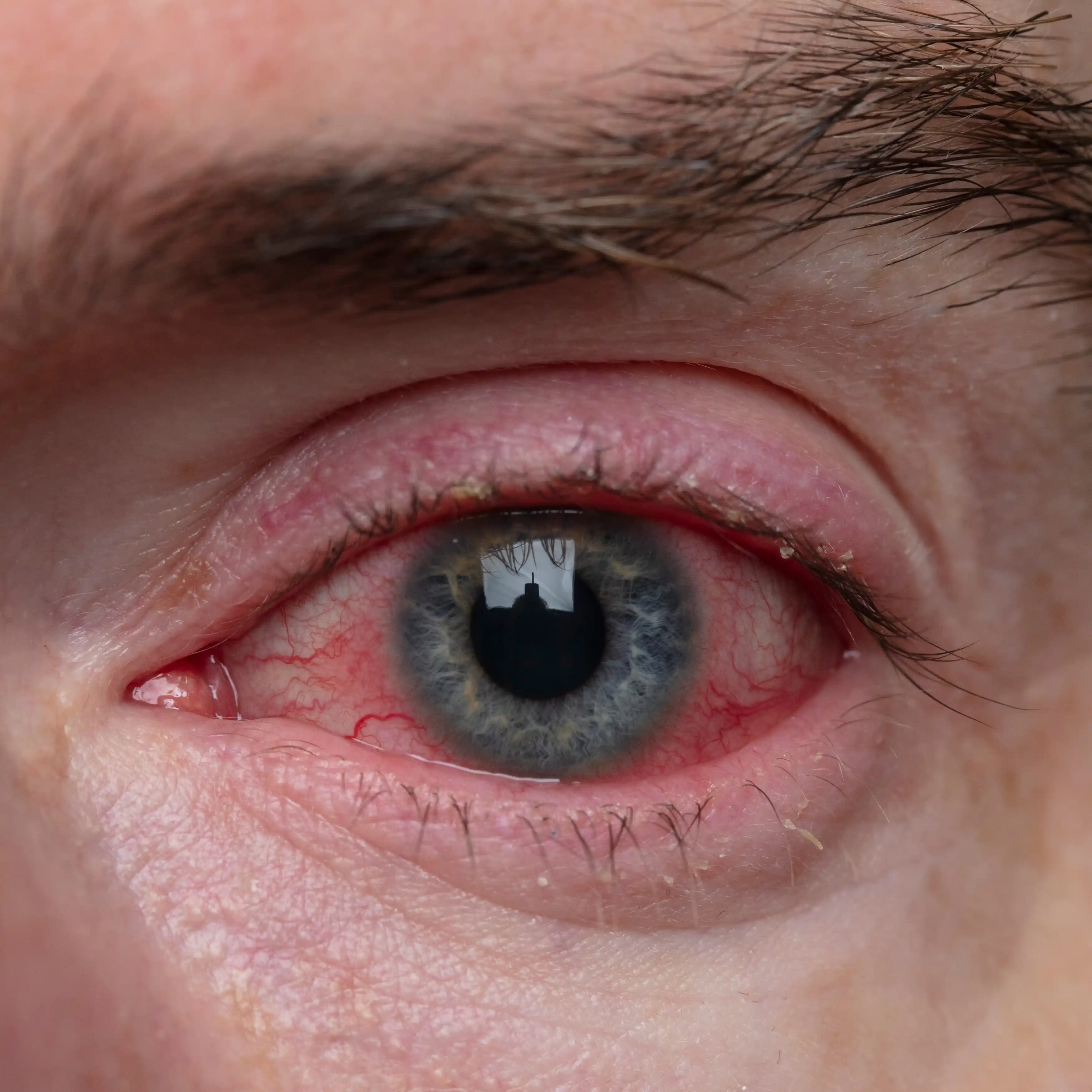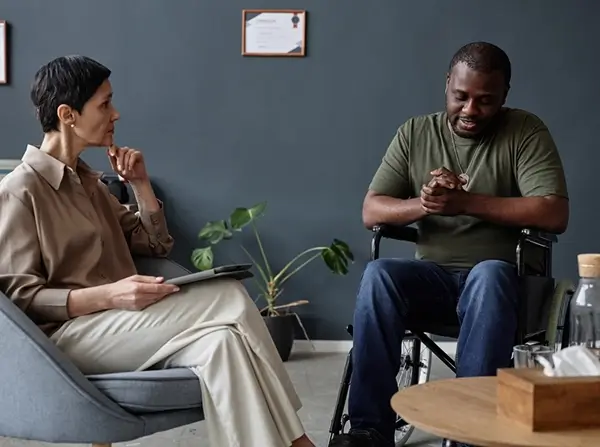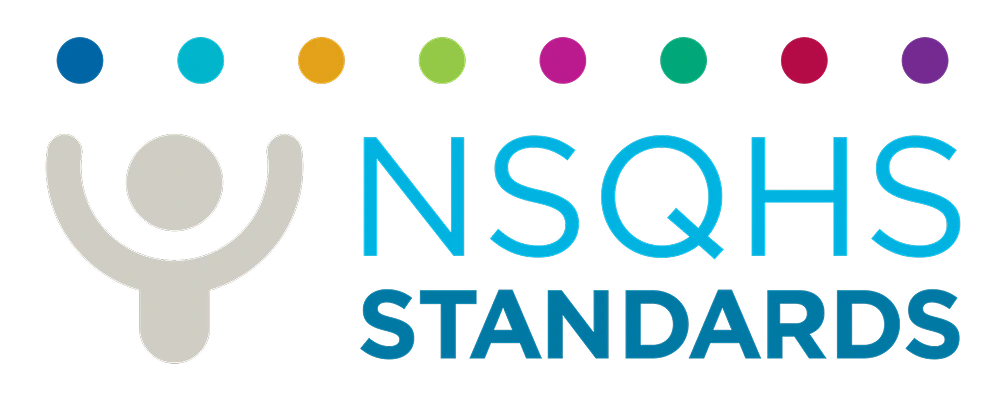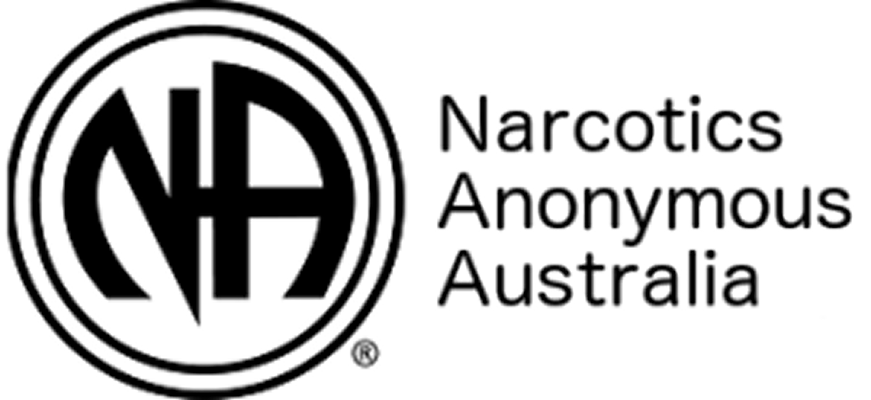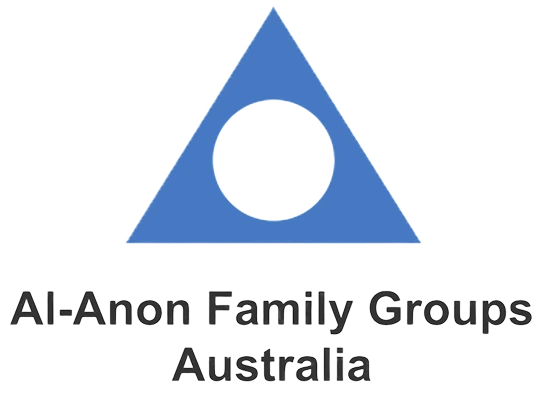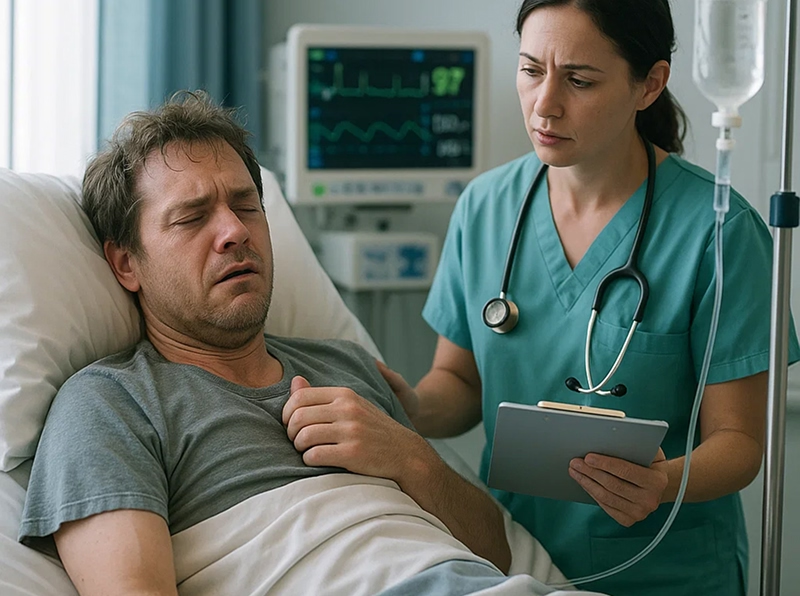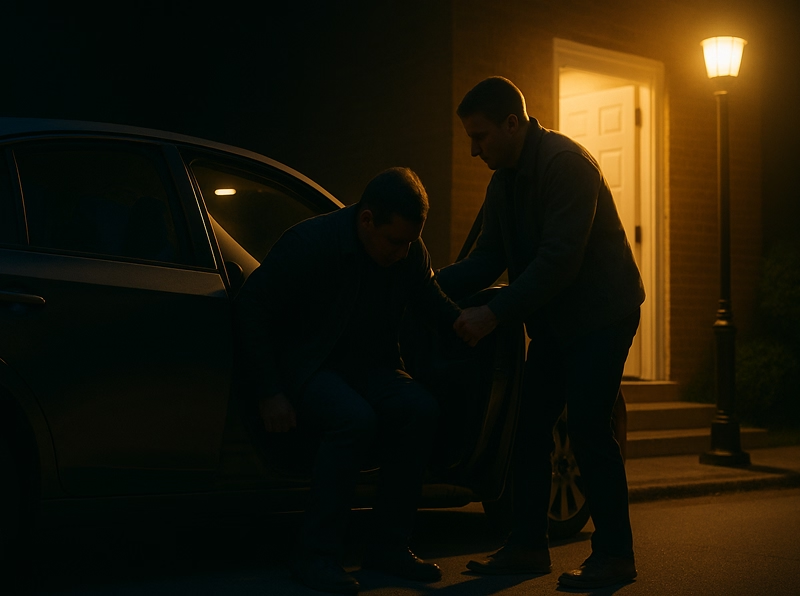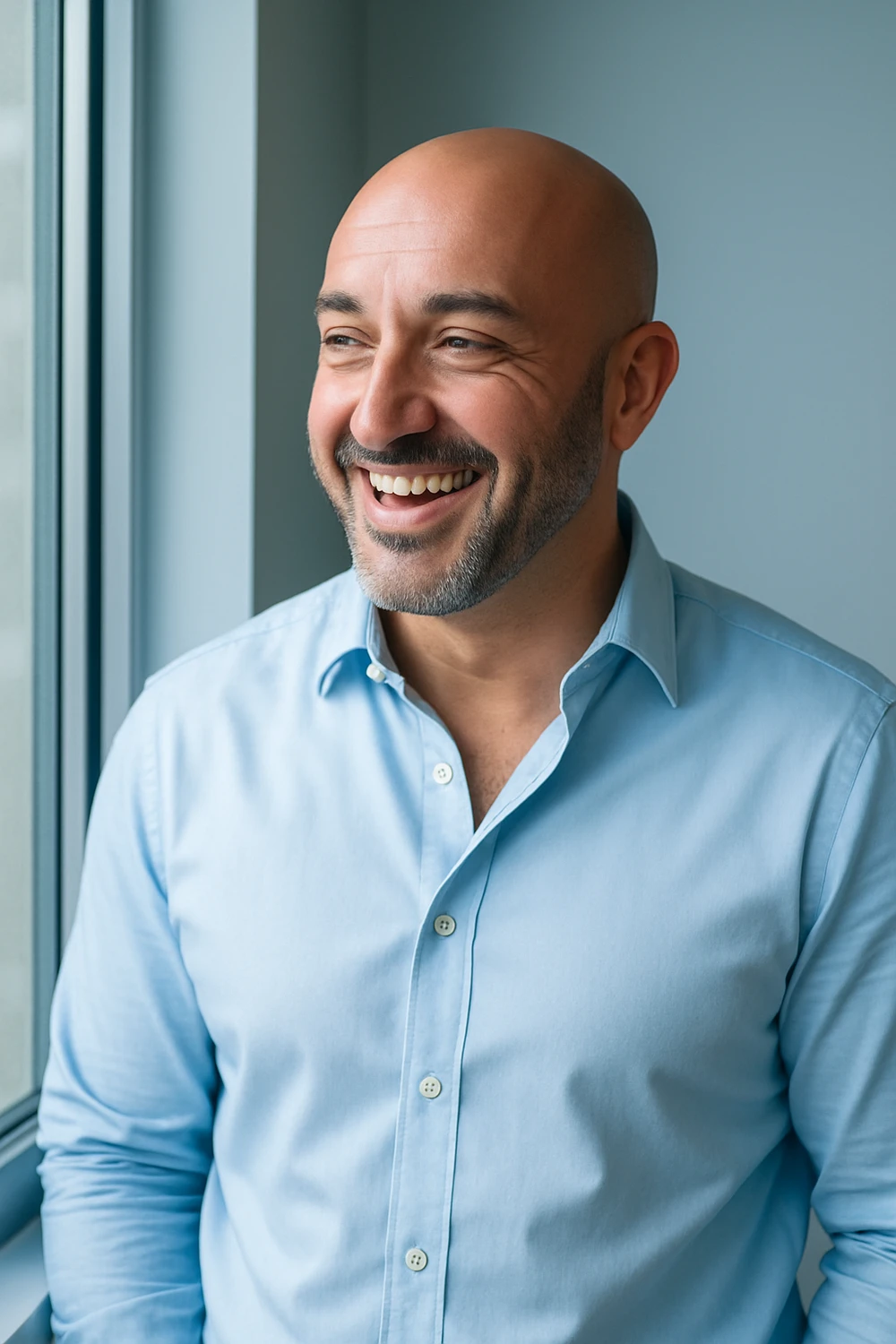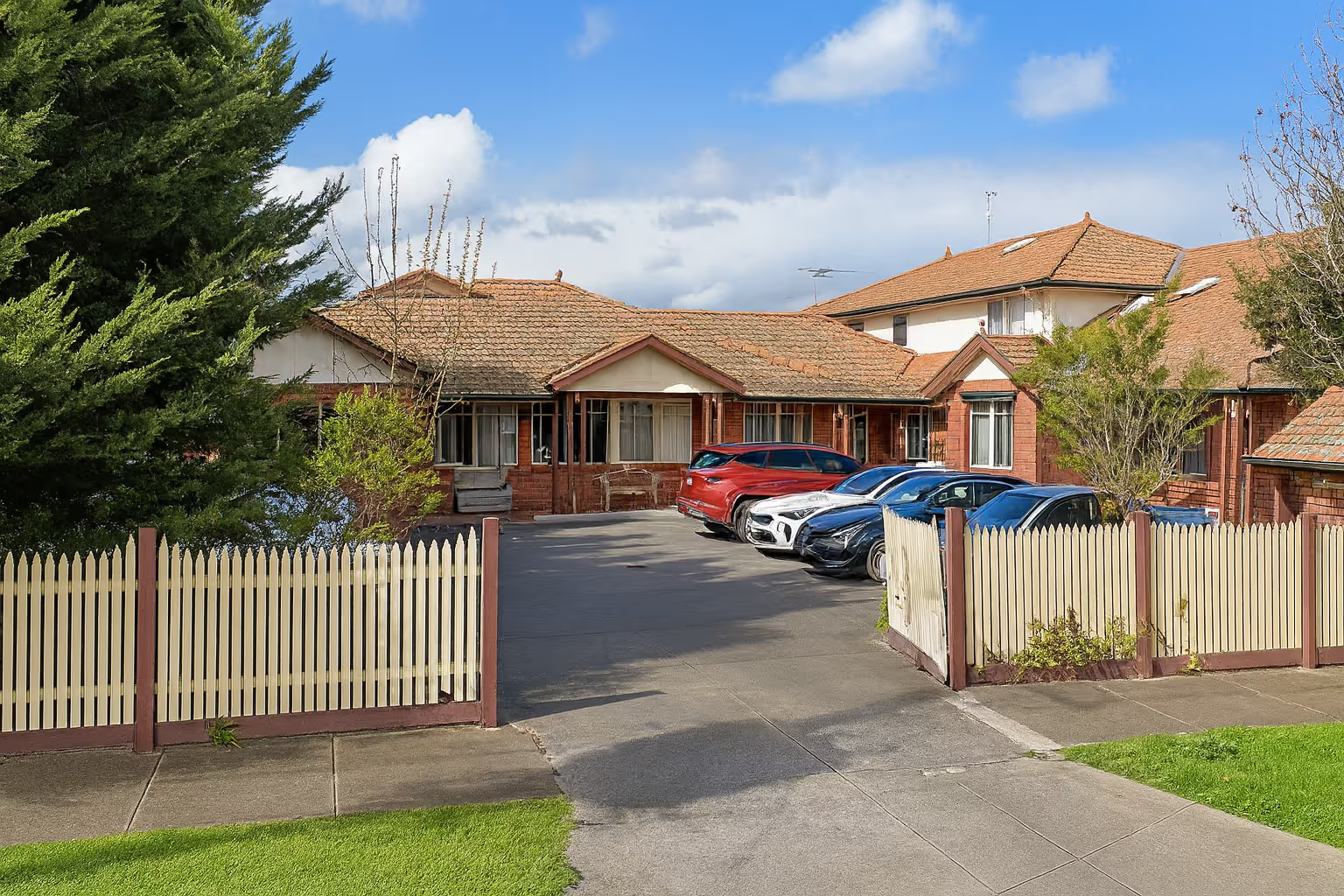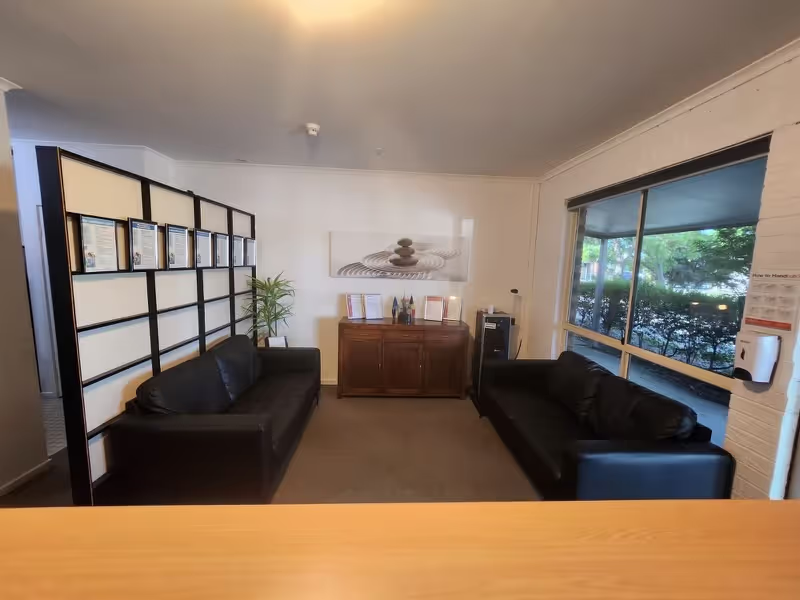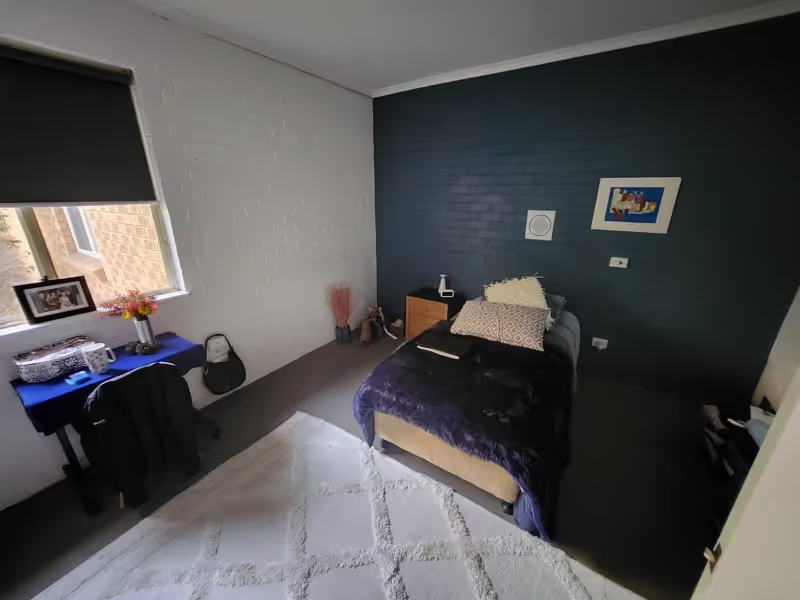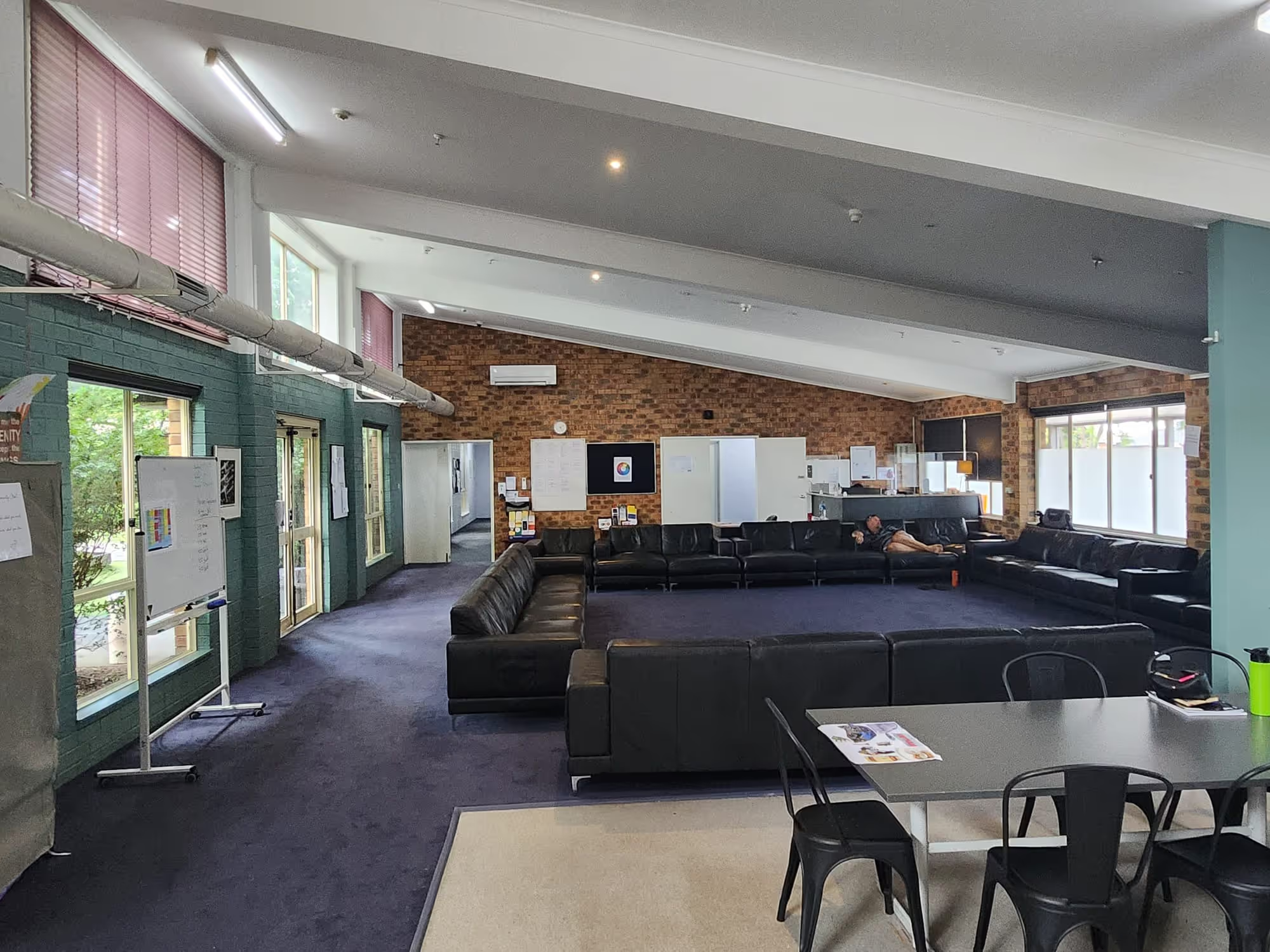Crack detox is often the first experience many people have with a treatment centre. It's the critical start to a crack addiction treatment program.
Crack detox is the first step in treatment, and often the most physically and emotionally intense. Once someone stops using, the body begins to clear the substance, which brings on cocaine withdrawal symptoms. These can start within hours of the last dose and vary in severity depending on how long, how often, and how much someone has been using.
During inpatient detox, our clinical team provides 24/7 monitoring and medical support. For crack specifically, there are no standard medications to ease withdrawal, but we use supportive care to address sleep problems, restlessness, anxiety, and severe mood changes. Many people also experience strong psychological symptoms such as depression, hopelessness, and cravings.
Common symptoms during detox include:
- Insomnia, vivid dreams, and disrupted sleep patterns.
- Intense mood swings, anxiety, or agitation.
- Deep fatigue and slowed physical responses.
- Cognitive fog, difficulty concentrating, and emotional numbness.
After the acute phase, some individuals experience lingering symptoms known as post-acute withdrawal syndrome (PAWS). These can last weeks or months and may include irritability, difficulty managing stress, or low motivation. Our inpatient team helps manage these challenges with routine, psychological support, and clear structure — essential tools for avoiding relapse. You can read more about post-acute withdrawal syndrome in our resource centre.









